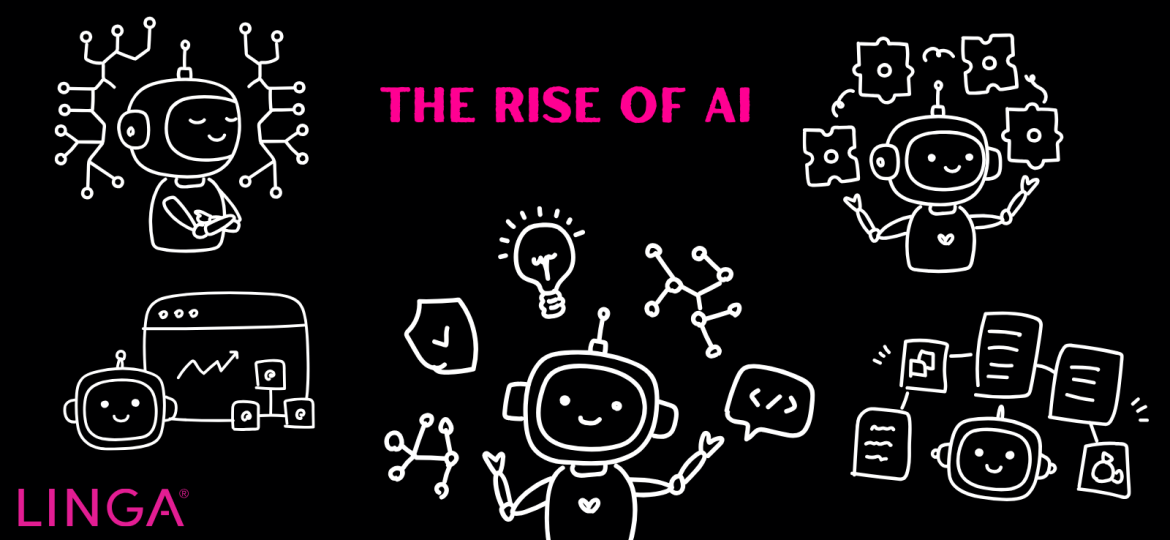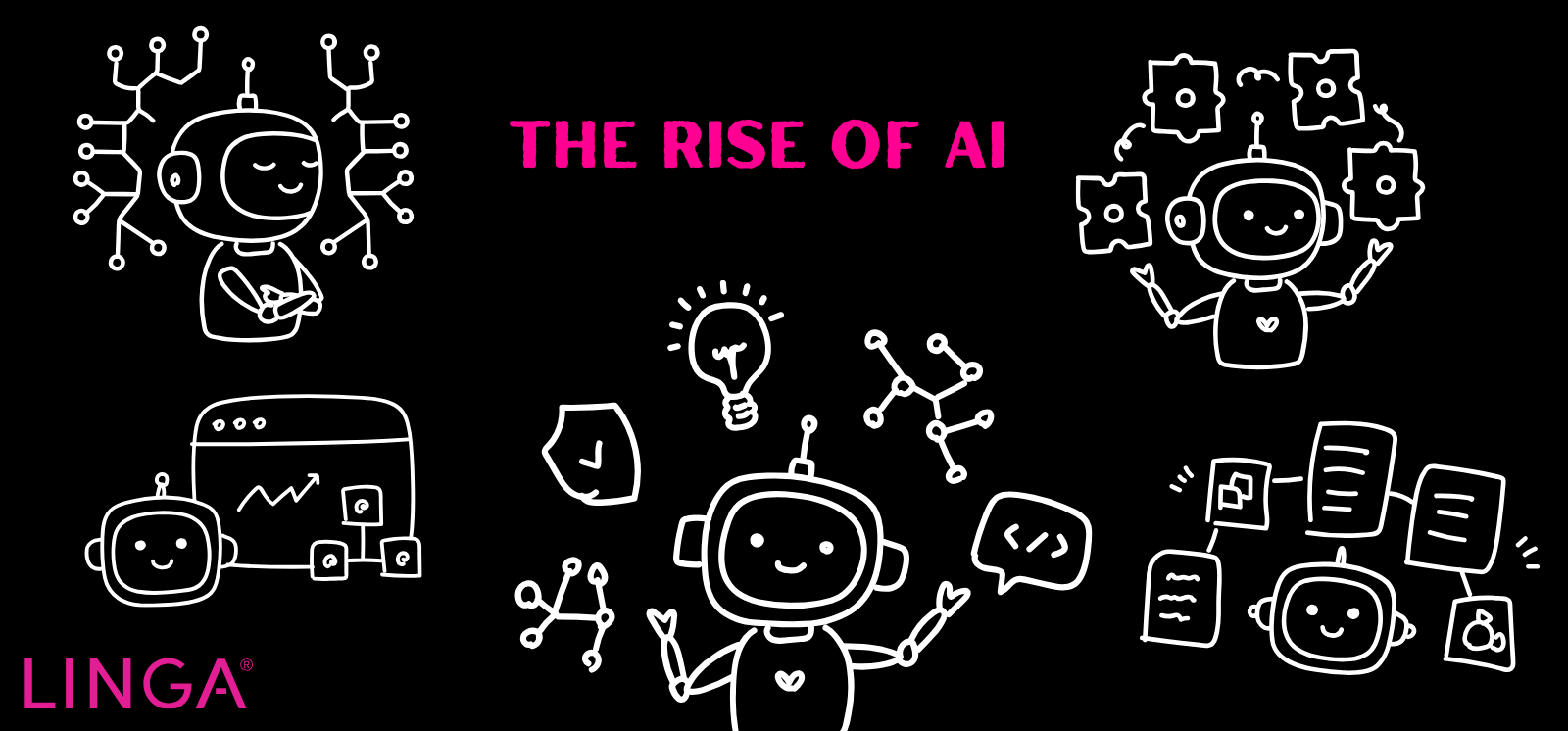
“Records predict that Artificial intelligence system (AI) will be smarter than humans as soon as 2029. This is eight years from today, and yet it is not spoken about. Intelligence is our superpower, and there is going to be a more intelligent being of our own making introduced to our world by 2029,” says Mo Gawdat, former Chief Business Officer of GOOGLE X and author of Solve for Happy and Scary Smart.
Mo points out a powerful reminder that artificial intelligence system is going to change humanity’s future in ways that we can’t yet imagine. But what does this mean for us as individuals? How can we help ensure that AI is used for the good of humanity?
In this blog post, I will explore the future of AI and discuss some of the ways that we can help these advancements, with insights gathered from Lewis Howes The School of Greatness show and Ed Mylett’s podcast episode with Mo Gawdat.
The Future of AI
AI is already having a major impact on our world. It is being used to develop self-driving cars, improve healthcare diagnostics, and create personalized learning experiences. And as AI continues to evolve, it is only going to become more powerful and sophisticated.
Some experts believe that AI could eventually surpass human intelligence. If this happens, it could have a profound impact on our society as a whole. Artificial intelligence could be utilized to solve some of the world’s most pressing problems, such as climate change and poverty. But it could also be used for malicious intent, such as creating autonomous weapons.
How We Can Help
As individuals, there are several ways we can help ensure that AI is used safely and positively moving into the future.
- Educate ourselves about AI. The more we know about AI, the better equipped we will be to make informed decisions about its use.
- Support research into ethical AI. There is a growing movement to develop ethical AI standards. We can support this movement by donating to research organizations and advocating for ethical Artificial intelligence policies.
- Be mindful of our own biases. Artificial intelligence systems are trained on data that is created by humans. This means it can reflect our own biases, both conscious and unconscious. We need to be mindful of our own biases when interacting with Artificial intelligence systems and when developing AI applications.
- Hold AI developers accountable. AI developers have a responsibility to use Artificial intelligence in a responsible way. We need to hold them accountable for their actions and make sure that they are developing systems that are safe and ethical.
- Use AI responsibly. When we use AI, we need to be mindful of the potential impact of our actions. We should not use AI to harm others or to spread misinformation.
- Be patient. AI is a complex technology, and it takes time to develop. We need to be patient as AI continues to evolve and improve.
Mo also comments on the three core parts of humanity that we have in common and should use to influence AI in the right direction. “I only found in my entire life that humanity has only agreed on three things: we all want to be happy, we all have the compassion to make the people we love feel valued, and we all want love and to be loved.” Using these three ethical codes to our advantage, we can strengthen the Artificial intelligence’s perspective to steer it in a positive light.
The Future of Humanity
We, as a society, need to focus on developing AI systems that are emotionally intelligent. This means that AI should be able to understand and respond to human emotions. This is important because emotions play a big role in our decision-making and behavior. If Artificial intelligence systems can understand our emotions, they will be better able to interact with us in a way that is helpful.
In the job sector, we need to create jobs that depend on human connection. Artificial intelligence can automate many tasks, but it cannot replace the human touch. There will always be a need for people who can provide emotional support, creativity, and empathy. Moving forward, we must implement jobs that allow people to use their unique skills and talents to make a difference in the world without the fear of being replaced by AI.
The future of Artificial intelligence system is bright, but it is important to use it wisely. By investing in ethical AI research, educating the public, and creating policies and regulations that govern its use, we can help ensure that AI is used for the benefit of humanity.
“If we can teach the machines that happiness, compassion, and love are the only things that matter, then we should be good.” Mo Gawdat
How AI is Impacting The Restaurant Industry Now
- Automated ordering. AI-powered kiosks are becoming increasingly common in restaurants, allowing customers to order and pay for their food without having to interact with a cashier.
- Personalized recommendations. AI-powered algorithms can be used to recommend products to diners based on their past purchases, browsing history, and other factors. This can help both restaurants and retailers increase sales and improve the customer experience.
- Inventory management. AI can be used to track inventory levels and optimize ordering. This can help retailers to avoid stockouts and reduce waste.
- Chatbots. Artificial intelligence chatbots can be used to answer customer questions and resolve issues 24/7. This can free up employees to focus on other tasks and improve diner satisfaction.
See how LINGA’s cloud-based POS system can improve your restaurant’s efficiency and sales all year round.
